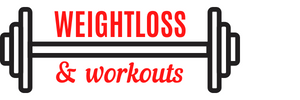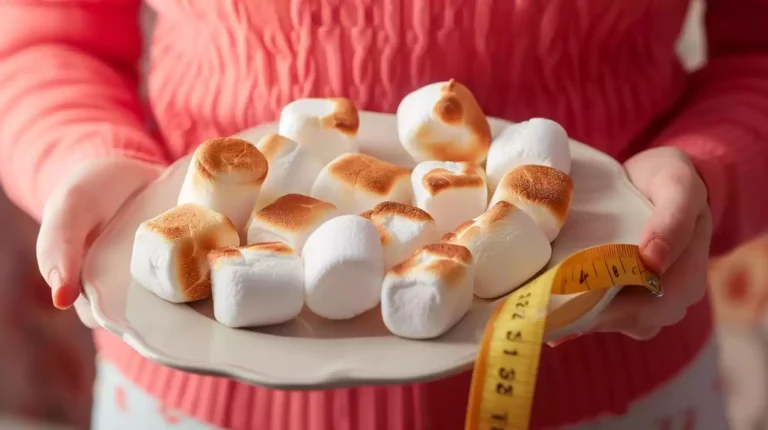Is Corn Good For Losing Weight? Be Careful With A Corn Diet!
The notion that corn can aid in weight loss may seem counterintuitive, given its high carbohydrate content. However, a closer examination of corn’s nutritional profile reveals a more nuanced story.
With a single cup of corn kernels providing a substantial 4 grams of fiber, it can play a significant role in regulating digestion and promoting feelings of fullness. But is this benefit outweighed by its caloric density?
As we look into the complexities of corn’s impact on the body, a critical question emerges: can this humble grain be a valuable ally in the pursuit of weight loss, or is it a hindrance to be avoided?
Quick Summary
- Corn can aid in weight loss due to its high fiber content, which regulates bowel movements and increases satiety, leading to reduced caloric intake.
- The antioxidants and phytochemicals in corn improve insulin sensitivity, reducing glucose storage as fat and promoting weight management.
- Portion control is crucial when consuming corn for weight loss, as a single cup contains around 130 calories that can add up quickly.
- Pairing corn with low-calorie, nutrient-dense foods helps maintain a healthy calorie intake and supports weight loss.
- Conscious food choices and portion control are essential to make corn a healthy addition to a weight loss diet.

Nutritional Breakdown of Corn
One cup of yellow corn, the perfect snack size, is like a party in your mouth with 132 calories.
The guest list includes 3.6 grams of protein, 2.5 grams of fat, and 31 grams of carbohydrates. This mix of nutrients makes corn a low-calorie, high-carb food that’s like a dance floor – plenty of room to move around.
The carb content is like a duo, with fiber and natural sugars taking center stage. But wait, there’s more! Corn is also a VIP (Very Important Provider) of micronutrients like vitamin C, thiamin, and folate.
And let’s not forget the mineral crew: potassium, magnesium, and phosphorus are all part of the corn squad.
So, what’s the takeaway? Corn can be a healthy addition to your diet – just like that one friend who always brings a healthy dish to the potluck.
Just remember, the way you prepare it and the ingredients you add can change the whole nutritional vibe. Think of it like a house party: you can either have a chill gathering or a wild rave, depending on the music and the snacks you choose.
Corn’s Impact on the Body
Let’s get down to business and talk about how corn affects our bodies. As corn is digested and absorbed, it sets off a chain reaction of physiological responses that can significantly influence weight management.
I remember when my grandma would always tell me to eat more corn because it would “keep me regular.” Well, it turns out she was onto something! The high fiber content in corn helps regulate bowel movements, which can lead to increased satiety and reduced caloric intake.
In other words, you’ll feel fuller for longer and be less likely to reach for that extra snack.
But that’s not all. Corn’s antioxidants and phytochemicals can also improve insulin sensitivity, reducing the amount of glucose stored as fat. I like to think of it as a special key that unlocks the door to better glucose uptake, allowing your body to use it more efficiently.
And if that’s not enough, these antioxidants and phytochemicals can also reduce inflammation in the body, which can lead to decreased fat storage and increased fat burning. It’s like a one-two punch against excess fat!
| Physiological Response | Impact on Weight Management | Mechanism |
|---|---|---|
| Regulation of bowel movements | Increased satiety, reduced caloric intake | High fiber content slows gastric emptying, reducing hunger |
| Improved insulin sensitivity | Enhanced glucose uptake, reduced fat storage | Antioxidants and phytochemicals increase insulin receptor sensitivity |
| Reduced inflammation | Decreased fat storage, increased fat burning | Antioxidants and phytochemicals reduce pro-inflammatory cytokines |
Weighing the Calorie Conundrum
Corn – the ultimate party crasher in the world of weight loss. It’s like that one friend who shows up to the gathering with a ton of great qualities, but also happens to be carrying a few extra pounds (or in this case, calories).
A single cup of corn kernels is packing around 130 calories, which can add up quickly, especially when you consider that it’s often served as a side dish or sneaks its way into processed foods.
I mean, who doesn’t love a good bag of corn chips or a slice of cornbread?
But don’t get me wrong, corn isn’t all bad. In fact, it’s got some amazing benefits for weight management. The key is to learn how to balance it out.
Think of it like a math problem – if you’re going to add corn to the equation, you need to subtract something else to make it work.
So, how do you make corn a part of your weight loss diet without it becoming a problem?
It’s simple: practice portion control and pair it with other nutrient-dense foods that are low in calories. That way, you can enjoy the benefits of corn without it sabotaging your diet.
It’s all about finding that balance and making conscious choices.






